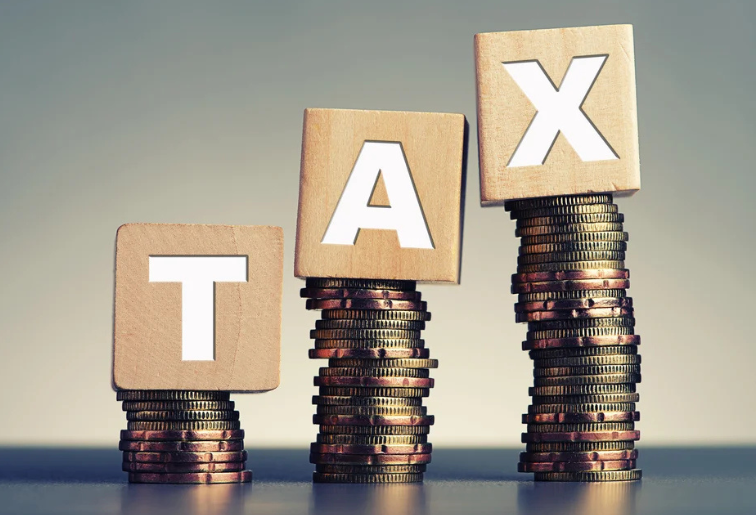Introduction:
Today, we delve into a crucial aspect of the cryptocurrency world that often goes overlooked amidst the excitement of trading and investing: taxes. While cryptocurrencies offer unparalleled financial opportunities, navigating the tax implications can be complex and daunting. In this blog post, we’ll break down everything you need to know about cryptocurrency and taxes, ensuring you stay compliant with the law while maximizing your returns.
Understanding Taxation of Cryptocurrency:
First and foremost, it’s essential to understand how cryptocurrencies are taxed. In many jurisdictions, including the United States, cryptocurrencies are treated as property for tax purposes rather than traditional currency. This means that transactions involving cryptocurrencies are subject to capital gains tax.

Types of Taxable Events:
Several types of taxable events can occur in the cryptocurrency world, including:
Buying and Selling: When you buy or sell cryptocurrencies, you trigger a taxable event. The difference between the purchase price and the sale price is considered a capital gain or loss, depending on whether the value increased or decreased.
Trading: Cryptocurrency trading involves buying and selling different digital assets to profit from price fluctuations. Each trade is treated as a taxable event, and capital gains taxes apply to any profits made.
Mining: Cryptocurrency mining involves validating transactions on a blockchain network and earning rewards in the form of new coins. These rewards are taxable as income at their fair market value at the time of receipt.
Receiving Payments: If you receive cryptocurrency as payment for goods or services, the fair market value of the coins at the time of receipt is taxable as income.
Record-Keeping and Reporting:
To ensure compliance with tax laws, it’s crucial to keep detailed records of all your cryptocurrency transactions. This includes records of purchases, sales, trades, mining activity, and any other transactions involving cryptocurrencies. Additionally, you must report your cryptocurrency transactions accurately on your tax returns, including any capital gains or losses realized throughout the year.
Tax Treatment of Different Cryptocurrency Activities:
The tax treatment of cryptocurrency transactions can vary depending on several factors, including your jurisdiction and the specific nature of the transactions. For example, long-term capital gains are typically taxed at lower rates than short-term capital gains. Similarly, certain activities, such as staking or lending cryptocurrencies, may have unique tax implications that require careful consideration.
Seeking Professional Advice:
Given the complexity of cryptocurrency taxation, it’s highly advisable to seek the guidance of a qualified tax professional. A tax expert can help you navigate the intricacies of cryptocurrency taxation, maximize your tax deductions and credits, and ensure compliance with relevant laws and regulations.
Conclusion:
While the world of cryptocurrency offers unprecedented financial opportunities, it’s essential to understand and comply with the tax implications of your actions. By keeping accurate records, understanding the tax treatment of different cryptocurrency activities, and seeking professional advice when necessary, you can navigate the complexities of cryptocurrency taxation with confidence. Remember, staying compliant with tax laws not only protects you from potential penalties and fines but also ensures the long-term viability and legitimacy of the cryptocurrency industry as a whole. Thank you for reading, and stay tuned to Blockchain77.com for more insightful content on all things cryptocurrency!

